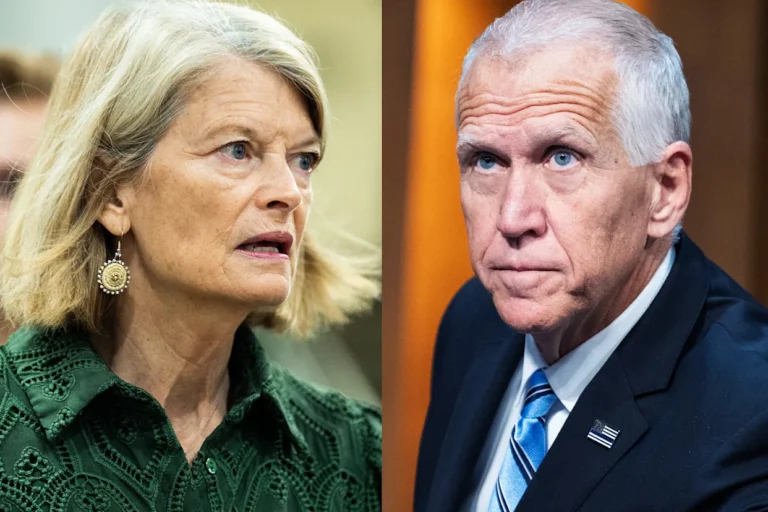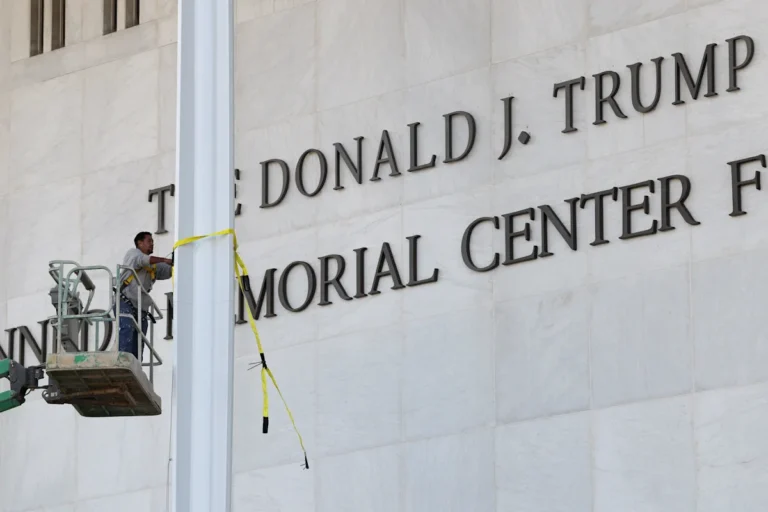
The Senate is making a final push to advance President Trump’s signature legislation with a flurry of last-minute changes that stunned Elon Musk and the already besieged clean energy industry while offering new support for fossil fuels.
The controversy surrounding the bill’s energy approach is just one front in a frenzied final push. The price tag has received plenty of additional attention after a new weekend tally found that the bill has grown by nearly $1 trillion since the Senate took it up.
Meanwhile, a grueling final Senate push to approve the package cleared a key procedural hurdle over the weekend. Consideration is continuing, and an amendment process is expected to take up much of Monday before a final vote later Monday or perhaps Tuesday.
The energy provisions of the 900-plus page bill have come under particular scrutiny after last-minute changes phased out clean energy tax credits faster than expected and added new taxes on wind and solar projects.
At the same time, new last-minute inducements were unveiled for fossil fuels, including one classifying coal as a critical mineral when it comes to a government manufacturing credit.
“We’re doing coal,” Trump said in an interview released over the weekend on Fox News’ “Sunday Morning Futures,” where he also called solar energy projects “ugly as hell.”
The mix left fossil fuel advocates celebrating and clean energy advocates slamming the bill at a new, higher volume.
Tesla (TSLA) CEO Musk, who worked in the White House before his dramatic falling out with the president, was perhaps the loudest voice in the latter group. He issued a series of weekend posts calling the bill “utterly insane and destructive [with] handouts to industries of the past while severely damaging industries of the future.”
The energy changes came as the deal’s top-line costs remained a key point of contention. A nonpartisan Congressional Budget Office tally released over the weekend showed the revised bill would add at least $3.3 trillion to the national debt.
That assessment, which does not include additional interest costs, comes after a similar analysis of the House package found a $2.4 trillion tab.
In one of his weekend posts, Trump suggested Republicans look past the deficit implications, urging passage as soon as possible, saying he also wants to cut costs but adding to lawmakers: “REMEMBER, you still have to get reelected.”
He also made a case that White House projections of blockbuster economic growth — dismissed by many economists as fantastical — will











